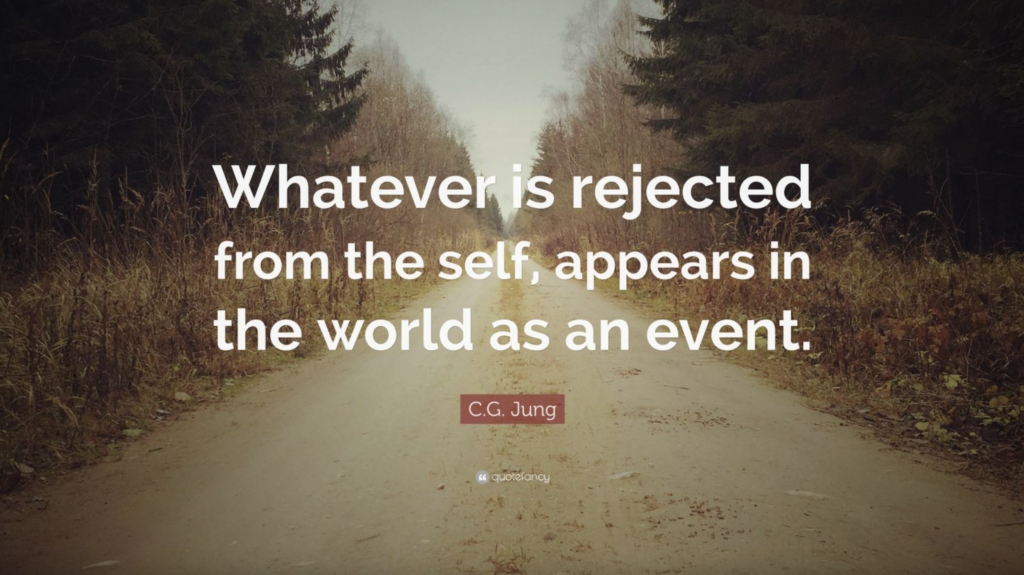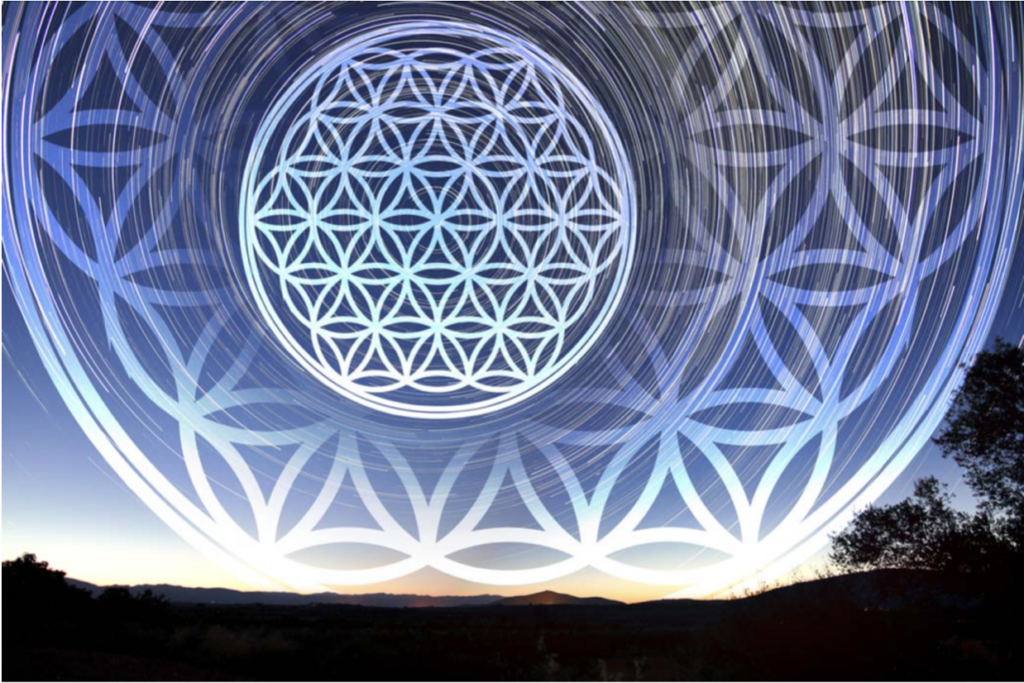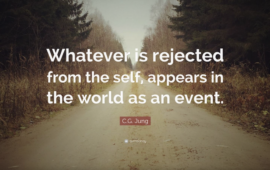
3 Principles I’ve Learned from Dogs that Also Apply to Life
1) If there is no self-discipline, discipline will come from the environment.
“Whatever is rejected from the self, appears in the world as an event.” Carl Jung
If a dog or a person does not have self discipline, the discipline will come externally, (usually in the form of life conditions, or directly from another person or animal). For example, when a dog comes into the pack: if they are all over the place, not showing self control, they’re going to be in for a lot of external discipline, coming from the other dogs. They will bump/bash up against the environment, as much as is necessary, but, like rocks banging against each other, over time, they will be smoothed out, and eventually likely develop internal discipline, and aȦer some time, they will be the ones disciplining the new, reckless additions to the pack. And so the cycle continues. Not all dogs need this discipline to come externally, they already are naturally more disciplined than most, (think of disciplinary breeds like German Shepherds, or cattle dogs—these dogs impose discipline on cattle and sheep naturally, and so they are predisposed to be disciplined themselves.)
I see this pattern in other areas of life — if someone is undisciplined with their business, they will be disciplined externally in the form of financial distress. If someone is on discipline in their healthy habits, they will be disciplined with a heart attack, or with diabetes, etc. If someone is undisciplined with their driving, they will be disciplined with an accident. If they donʼt learn the lesson, they will be disciplined until they do. I was personally more of a kid genetically predisposed to need my discipline to come from outside sources, and so I sought out strong personalities that I think I instinctively knew would help provide me with that discipline. Iʼve also been disciplined many times by the world/circumstances at large, and now Iʼm also one of those dogs that has evolved to possess self-discipline. If we possess a high degree of self discipline, itʼs very likely we will encounter less external discipline forced upon us.
“You learn the lesson until you learn the lesson.” Unknown
“If you are willing to do only whatʼs easy, life will be hard. But if you are willing to do whatʼs hard, life will be easy.” T. Harv Eker
2) We must understand the animal in ourselves, and in our dogs, to effectively navigate and create a great relationship.
I want to preface this by saying that – understanding what I talk about below by no means will provide you with an answer to all dog-related problems, it simply broadens one’s scope of understanding, and may be applicable in certain dog and human relationships.
“One does not become enlightened by imagining figures of light, but by making the darkness conscious.” Carl Jung
Not to get too deep, but I believe we ARE a soul that INHABITS a body, and that we need to understand both to see the whole picture and have a good relationship. Humans and dogs have both been evolving for thousands, if not millions of years, and they contain in their DNA a blueprint for survival, including instincts, natural reactions, etc., and many of these can also potentially be what we would consider “dark.” Just look at the history of atrocities on this planet; the brutalities human beings have inflicted upon each other, and upon animals, are horrific. Animals, though not as calculating, can also inflict horrific acts upon one another, and other animals, and do so regularly to survive. Just watch a pack of wild dogs or a grizzly bear make a kill, itʼs not a thing most people want to acknowledge or think about. To think that the same dark tendencies that have led humans to effectuate massive atrocities upon other living beings throughout history have leȦ our DNA in the last few decades I think is naïve. These darker/animalistic sides exist in humans and dogs, (to varying degrees), regardless of whether we acknowledge them.
By choosing, consciously or subconsciously, to look at only the pleasant side of things, I think it leaves us with an incomplete picture of reality, and when something that was lurking in the darkness does emerge, it can be more likely to catch us off-guard if we have been choosing to not see it. How many times has a person been completely caught off guard by a cheating spouse, or a dishonest business partner, or some other hidden side of a personality emerging? There may have likely been signs, but when we look only at the pleasant side of life, we have large blind spots. If we are willing to look at the darkness in the world, in ourselves, and in others, and we are aware of it, then we can see a more complete picture of reality. It seems that two common responses to looking at this darker side can either be to become cynical and nihilistic, or strive to become even better, and work toward the good even more. I think the world would be a better place if we all did the latter.
Itʼs OK to be enlightened and awake to the good and the bad in the world, and in ourselves and others, and it does not condemn you to being or contributing to the bad. On the contrary, being fully aware of the darkness, I think, can cause you to strive even more for the light. Nonetheless, we need to be aware that our dog may have a monstrous/darker side, and we to need to know, in any given moment, if we are dealing with the animal/monster inside of them, or if they are being their true self with us.
If a dog or person is in their ego, and I think Iʼm speaking to their soul/or their true self, Iʼm going to be sending the wrong message, and possibly feeding a monster, or guiding the relationship in a way that will be dysfunctional. An example in humans would be the loving mother, who wants the best for her son, and so showers him unwaveringly with only love, regardless of what he does, and regardless of whether he is in his ego or not. She unknowingly raises a manipulative, untrustworthy, verbally abusive 40 year old adult-child, who is unable to survive in the world. When he calls her on the phone, crying and yelling that he needs money one last time, she thinks she is speaking with his soul, but he is possessed by his animal instincts, his id or ego, and she is actually feeling the beast until it now has grown into a monster. The end result is a totally unhealthy and unbalanced person, and by not recognizing the ego/monster/animal in her son, and dealing with that separately from his soul, or true essence, she has helped to create a monster. Though the intentions are positive, this is not a healthy love. A similar example can exist with dogs – the owner, who believes his dog is a princess, and doesnʼt catch the monster heʼs accidentally feeding that usually stays hidden, but occasionally breaks through and bites a human or another dog. He considers that an anomaly, and doesnʼt know why such a sweet girl would do such things. He didnʼt recognize the change in the facial expression of his dog when he started loving on her, he didnʼt realize what he was creating when he would call her a princess, and build up her ego, etc., and he didnʼt see her switch into that state of mind each time before she attacked another animal or person, so it came as a surprise.
In my opinion/experience, the monster has to be dealt with FIRST, in order for the soul, and the deeper connection, to emerge. I think people will sometimes subconsciously do this also when getting more and more serious in a relationship – they will show the worst side of themselves, subconsciously, asking their partner indirectly – “Can you handle this, because this is a part of me also.” I think we need to understand both the animal and the soul in order to make relationships work amongst ourselves, and with our dogs. If we can learn to accept, understand, and deal with the animal in ourselves and our loved ones, we can unlock the puzzle and access the soul, and have real, lasting love within a functional frame that takes the whole picture into account. If you havenʼt seen the dark side of your loved one or yourself, you may only know one half off them. When you see how dark things can get, it can also make you want to be a force for good, and strive for the good, while not being naive.
3) If you’re not ready, the problem usually happens, if you’re ready, it usually doesnʼt happen.
“If you’re worried, then you donʼt need to worry, but if you’re not worried, then you need to worry.” Ray Dalio.
When you are prepared for a situation to happen, it often doesnʼt. This relates somewhat to the first principle – it’s as if the universe will poke holes in any areas that you’re not disciplined or prepared, but if you are disciplined and prepared, it doesnʼt happen, and if it does, you’re prepared. If youʼre ready for two dogs to possibly get a fight and you have a plan as to what youʼre going to do, and youʼve taken precautionary steps to limit the severity, and youʼre set up with the reaction you intend to use to stop it, they can sense that, and it massively decreases the probability of it happening, (in my experience). This is somewhat similar to self discipline. If we are ready and waiting for something to happen, with the knowledge of what we will do, it surprisingly often doesnʼt happen. Itʼs as if the universe will discipline us for not being prepared. Similarly, in life, when we prepare for the worst, the worst often doesnʼt happen, and if it does, weʼre prepared. Hence the ages old saying:
“Prepare for the worst, expect the best.”
I hope you liked this short article. Please stay in touch for more information, and Much Love!
-Colin
Colinspack.com
Instagram.com/colinspack
Facebook.com/colinspack


